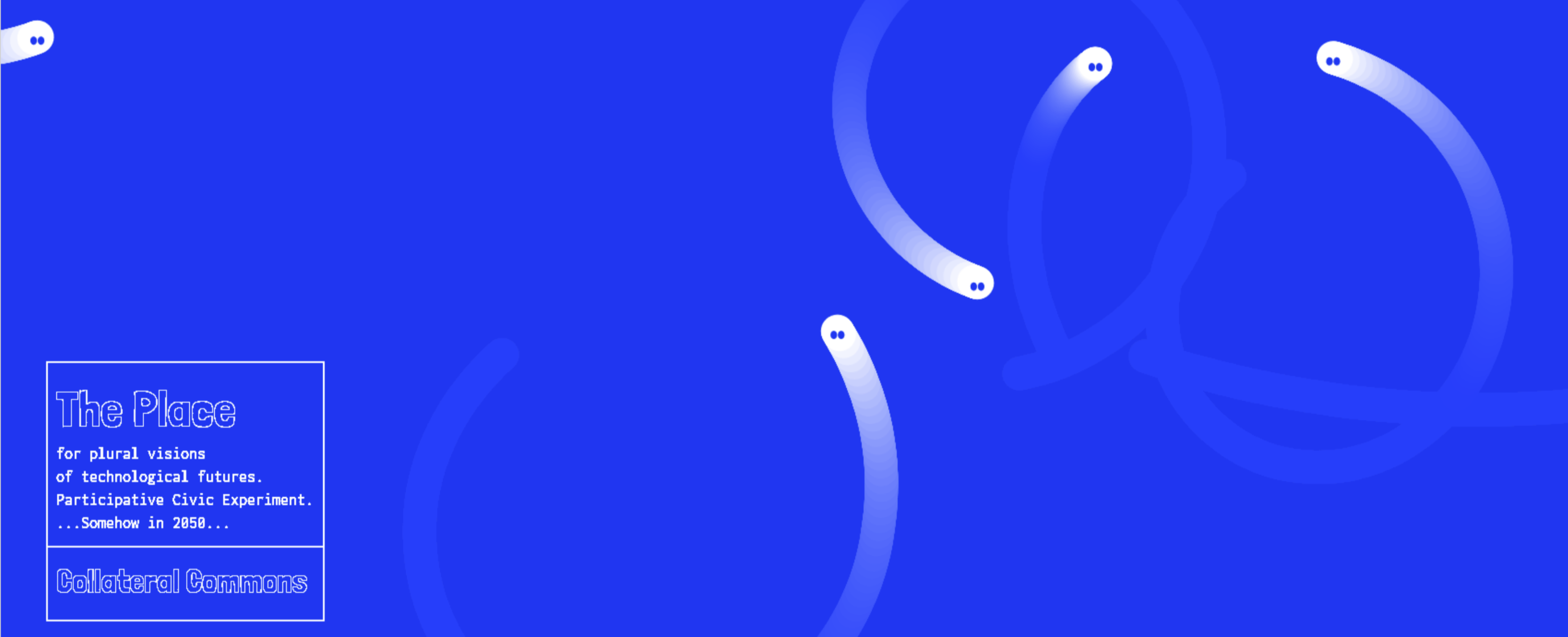
Recommenders Revisited @ feminist futures hackathon
developped in the feminist futures hackathon organised in Copenhagen, April 2023
in collaboration with Simone
Our day-to-day existence is increasingly encountering --if not embedded within- morphing assemblages of code and data. A lack of transparency and understanding --and sometimes impulse- hinder us to regain control, ownership, and agency over these hybrid assemblages.
'Recommenders Revisited' intends to question the biased, normative, extractive and techno-capitalist roots of recommender systems, while inquiring how they could be otherwise. Where should they start, where should they end, and which alternative visions could they vehiculate?
Along the way, the participants are invited to reimagine their own recommender systems. Soft, vulnerable, porous, empathetic, inclusive, grassroot, rebellious, situated, caring, dada-ist, non- existent, etc.: how would you like your recommender system?
An online prototype can be found there>>
Extraction >>> Profiling >>> Recommendation *
*an infamous pipeline of recommender systems
Vast amounts of data are relentlessly collected from individuals without explicit consent or poor explanation, raising questions about the becoming of these online traces. These extracted data traces are distributed among various entities interested in gaining more insight into our lives. These traces extend way beyond our Google searches or purchase history. New ‘insights’ are constantly generated as machine learning algorithms help speculate about our personalities, physical or psychological states, desires, beliefs, or intentions, what is commonly referred to as profiling. These data points help entities such as advertisers or corporations target individuals or groups with tailored products and services. This is the birth of recommender systems.

宝暴露 [bǎo bàolù- ’treasure exposed']
diggin’ in AI-powered Consumer Predictive Analysis dirt
workshop held at the Chronus Art Center in Shanghai, September 2019
by Vytautas Jankauskas & Claire Aoi
宝暴露 [bǎo bàolù- ’treasure exposed'] aims to both expose and hack certain facets of AI-powered Consumer Predictive Analysis.
This project investigates the use of artificial intelligence for profiling individuals based on their online shopping habits on TaoBao. By examining the biases and human choices present in algorithmic classification and recommendation algorithms, the workshops permit participants to reappropriate these systems in non-normative and transgressive ways: from new taxonomies, to recommender-system -role-playing, via AI-training. We discussed how easy, hard, objective, biased, or ethically-challenging it may be to deploy algorithmic assessment on our digital profiles. We reflected on the data we produce, the impact as well as the limits of statistical stereotypes attributed from our consumer behavior.. Rapid prototyping and collage techniques were used to create these recommendations.
A significant portion of Machine Learning algorithms is utilized for modeling human beings in order to predict various aspects of their lives such as infrastructure use, energy consumption patterns, political views, movie choices, and consumer behavior. This is known as Consumer Predictive Analysis, which has recently reshaped the marketing industry, boosted bz Big Data and smart businesses. The data we produce online --or trade for services-- is frequently distributed among various entities who are interested in gaining more insight into our lives, and extends way beyond our purchase history. New insights are then generated as machine learning algorithms help speculate about our personalities, physical or psychological states, aspirations, among others. These databases of intentions and profiles help entities such as advertisers or corporations target individuals or groups with tailored products and services. However, a challenge with these types of predictive algorithms is that predicting human behavior is different from predicting the trajectory of distant stars as our behaviors are altered by these predictions.


Unfamiliar Virtual Convenience
˜˜Grow Your Voice Assistant˜˜˜Online course by Vytautas Jankauskas & Claire Aoi
Spring 2020 @ School of Machines: making and make-believe
The current circumstances may drive us to both redefine ways in which we live online, and reflect upon our home ecologies, and the technologies that permeate them. It is a chance for us to experiment with and develop new processes of co-loving with our everyday devices. Voice can be a malleable, and somewhat empathetic communication tool to widen human-device relationships beyond push buttons and swiping. While they mediate notions of assisting, access to knowledge, and digital companionship, voice-assistant are yet currently mostly reduced to a task-oriented power play --order me this, turn on that, play these, entertain me. Through this course, we propose to breed new voice assistants in an analog and situated environment and redefine endemic relationships with them.

Collateral Commons
rewiring our visions of technological-infused futures
˜˜˜by Dalia, Yoonha, and Claire
From the School of Disobedience in Berlin, spring 2019.
Collateral Commons attempts to open a conversation about how citizens wish to see smart new technologies affecting their lives, in order to enrich the familiar narratives around AI-infused tomorrows with local, situated and inclusive practices.
While embracing a state of heterogeneity, and complexity for our technological futures, If AI adopts the mundane, the situatedness and the unscalability of things and processes at his core, while wandering through a spectrum of collected civic materials. It also questions how these individual visions can come together to compose a plural world. In a future whose present is not yet taking place, it fuzzily redefines a common ground from local consistencies, networked interdependent agents, and adaptive imperfect processes. From there, a new civic society may awkwardly emerge, in acceptance of the inherent frictions of the individual bodies, their contradictory tendencies, and categorical instability.
We developped workshops to interrogate the way we think about technological possibilities, in relation to ourselves but also to the society or community we live in. These workshops hope to expand the position AI within society to become a social property rooted in specific cultures and not a form of institutional authority. We encourage usually participant to pro-actively imagine, articulate and prototype, and 'take part in' some critical visions of futures, while activating situated knowledges and inclusive thinking.